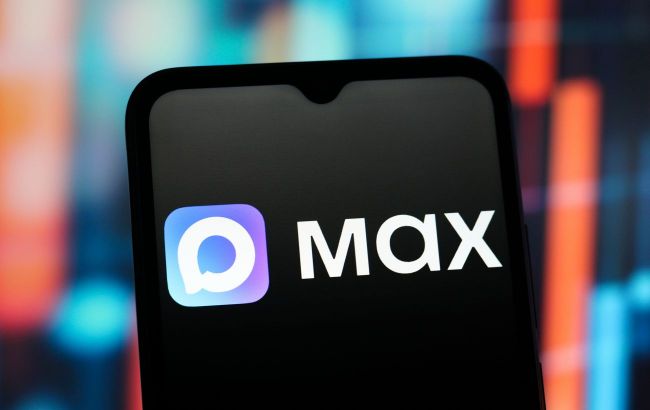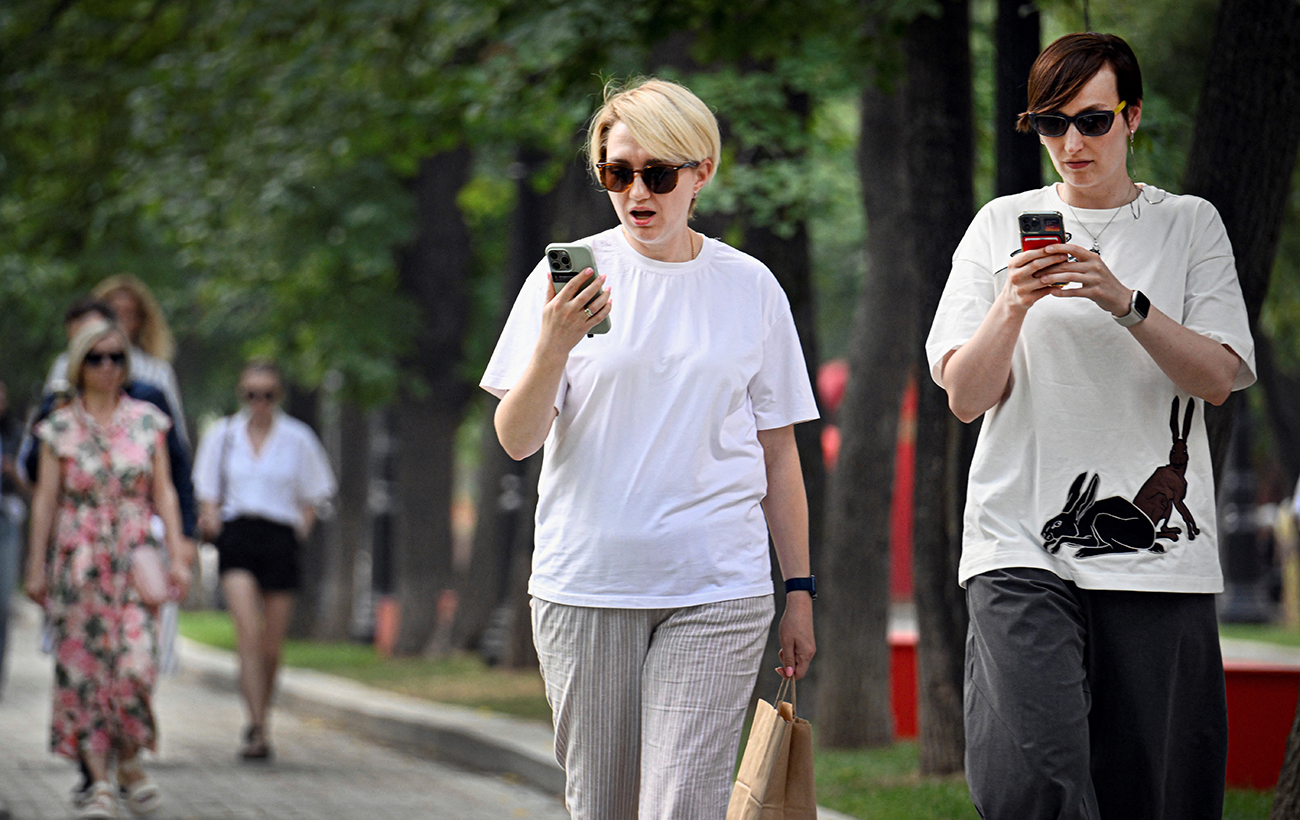Meet Max, Russia's all-in-one app: From messages to spying on Russians
 Max messenger icon (photo: Getty Images)
Max messenger icon (photo: Getty Images)
Russia has launched the first national messenger, Max. It will be pre-installed on all phones sold in stores, and Russians are being required to switch to it from other platforms.
How the Russian national messenger will operate, why complaints about it are already emerging, and why the Kremlin needs it — read in an RBC-Ukraine report.
The launch of Max and the forced use
The first reports about testing the Russian messenger Max appeared in the media in March 2025. At that time, the media reported that the app’s developer, VK, was working on a beta version. Moreover, the messenger was immediately positioned as a multifunctional platform with chats, mini-apps, chatbots, and a payment system.
Formally, the developer is Communication Platform LLC, a subsidiary of VK, previously known as Mail.Ru Group. VK itself is a tech holding that owns various digital services, including Russia’s largest social network — VKontakte.
The messenger was immediately positioned as “national” and “unified.” For aggressive promotion, the Kremlin engaged pro-government bloggers and artists, who advertised it throughout the summer. “It works where other messengers don’t — in an elevator, in a parking lot, even at sea,” bloggers said while promoting Max. Many Russians posted videos on social media showing how Max was advertised directly on the streets via loudspeakers.
By late June, Russian president Vladimir Putin signed a law creating a “national messenger” in Russia. Before that, the State Duma had also supported the draft law on the creation of the national digital platform Max. So, the status of the new digital platform as state-owned was fully secured.
The Kremlin plans to force Russians to use the messenger and leave them with no alternatives. From September 1, 2025, all school chats in Moscow are to be transferred to Max by federal law. The same is happening in Tatarstan, Altai, the Khanty-Mansi Autonomous District, and the Vladimir and Tver regions.
The messenger must be pre-installed on all smartphones and tablets in stores. Mobile operators are required to provide Max without consuming data traffic, creating an extra incentive for transition. Several Russian officials have already stated that they switched to Max and deleted other messengers where they had their own channels.

Moscow residents (photo: Getty Images)
The messenger is also required from residents of the occupied Ukrainian territories. The monitoring group Crimean Wind reported that occupiers are demanding that those traveling from occupied areas of the Kherson region to annexed Crimea install Max.
“Drivers and passengers are now being persuaded to install the app. Elderly people are offered help in installing it. At checkpoints, they warn that starting next month, the absence of the Max messenger on a phone will be grounds for additional inspection with a special detector that analyzes device content,” the report said.
To promote the new messenger, Russia is restricting others. There is no official ban on WhatsApp or Telegram in Russia, but security services have already significantly limited their key functions. Authorities justify this by claiming to be fighting extremism and terrorism, but in reality, platforms are being restricted because they cannot fully control them.
In the occupied territories, other messengers have also been restricted. Viber was completely blocked for “failure to comply with legal requirements.”
Criticism of Max
By mid-August, about 18 million people had registered on the Max messenger. During this time, a massive amount of traffic passed through the platform. Within just a few months, users discovered dozens of problems with the messenger, aside from the obvious one — it being a censored and fully controlled app.
Among other things, Russians complained that Max does not provide end-to-end encryption, and messages are stored on VK servers to which Russian security services have access. Digital rights experts call the messenger a surveillance tool.
Users also reported that Max constantly requests access to everything on a smartphone — camera, microphone, geolocation, contacts, all biometrics, Bluetooth, and messages, while also collecting IP addresses and usage history. Unlike other apps, where tracking can be turned off, in Max, this function is mandatory. Moreover, it is reported that the app is difficult to delete — it can operate at root-access level, typical for malware.
Analyzing the app, GitHub experts noted that Max activates the smartphone camera every 5–10 minutes and takes photos. The app can listen and record ambient sound, collect data about user contacts, and even capture text that was typed but not sent.
In addition, users reported that Max freezes, has problems sending messages, and has an inconvenient interface. On Google Play, the app’s rating changed — initially, it held at 4.6 out of 5, but once users started testing it, the rating plummeted, with many giving it one star and complaining in reviews. Over time, however, the rating rose again to 4.6.
The greatest wave of criticism is caused by the state-owned nature of the messenger. Users fear that all their personal information will be handed over to the FSB and used against them. Commenting on such concerns, the Kremlin does not even really hide the fact that people will be monitored through Max.
“In corporate matters, state matters, secret issues, we must understand that any messengers are absolutely transparent systems. People who use them should understand that they are all transparent. For the security services,” said Putin’s spokesperson Dmitry Peskov.
The situation with such an openly declared Kremlin position on messenger, which enables watching people, has reached the point of absurdity — through the media, the Kremlin promises that Max will not file reports against users.
The Max messenger strongly resembles China’s WeChat platform. The concept is essentially the same — China also calls WeChat “national” and combines access to all state services. But unlike Max, WeChat is not imposed so aggressively on society and operates within commercial rules.
“The creation of Max is an attempt to repeat what China did — limit external influence, prevent hacking and surveillance of Russian elites by Western intelligence services and others. And, of course, an attempt to monitor all Russians. But everything fails — and Max will fail too,” said the head of the Center for Countering Disinformation of Ukraine’s National Security and Defense Council, Andriy Kovalenko, in a comment to RBC-Ukraine.
It is unlikely that the Kremlin will be able to completely “switch off” all messengers, just as it failed with social networks or the video platform YouTube.
“Based on the YouTube experience, they are forced to soften their actions. However, technically blocking everything is very difficult for today’s Russia,” Kovalenko added.
Russian president Vladimir Putin ordered control over foreign messengers, namely WhatsApp and Telegram, despite the Russian origin of the latter.
Putin instructed the government to develop measures by September 1, 2025, to restrict the use of foreign software, including messengers developed in so-called “unfriendly countries.”

